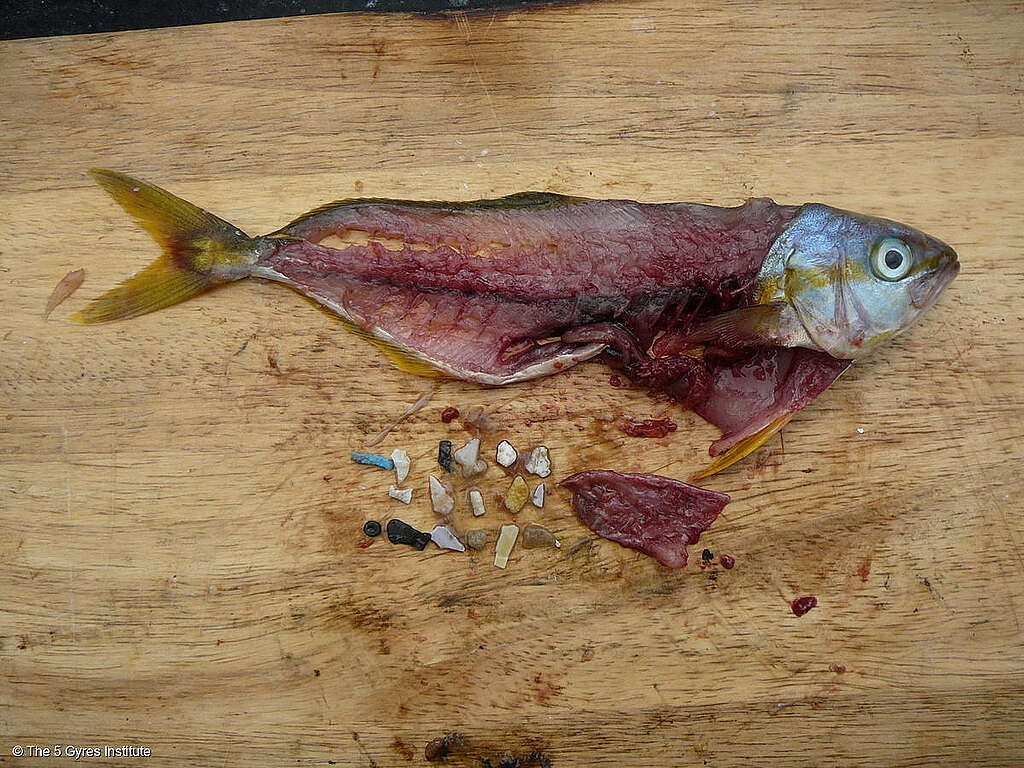WHY WE NEED IMMEDIATE ACTION
The issue of plastic pollution transcends environmental and health concerns; it represents an immediate threat to global health, biodiversity, and the economic stability of regions worldwide, particularly in the Middle East and North Africa (MENA). As we stand at the precipice of irreversible damage, understanding the urgency of combating plastic pollution is critical.

Impact of Microplastics on human health
Despite attempts at voluntary control, these efforts have proven insufficient, as plastic production has doubled since 2000, and only 9% of it is recycled.
Microplastics have been found in 8 out of 12 major body systems, including the heart, stomach, hormones, skin, immune system, lungs, reproductive organs, and kidneys.
They have also been detected in human samples like breast milk, newborns’ first stool, semen, regular stool, mucus, and urine, showing how deeply they can enter the body.
WHY YOUR SUPPORT MATTERS
The urgency of combating plastic pollution cannot be overstated. It is not just about cleaning up the mess; it’s about remediating the problem at the source, preventing a future where the vitality of our planet and the health of our people are compromised.
We are in the final stages of the Intergovernmental Negotiating Committee (INC), which aims to develop an international legally binding instrument on plastic pollution. This is a once-in-a-generation opportunity to establish international rules to address the negative environment.
Global leaders need to agree to a Global Plastics Treaty and Greenpeace will be there to advocate for a strong agreement – but we need your help! With an unstoppable global movement of millions of people around the world, your donation can help to secure an ambitious treaty that will turn off the plastics tap and finally, end the age of plastic – for our health, our communities, climate, and the planet.
Greenpeace doesn’t accept money from governments and political parties to remain impartial, We depend on Individuals, we rely on you!
